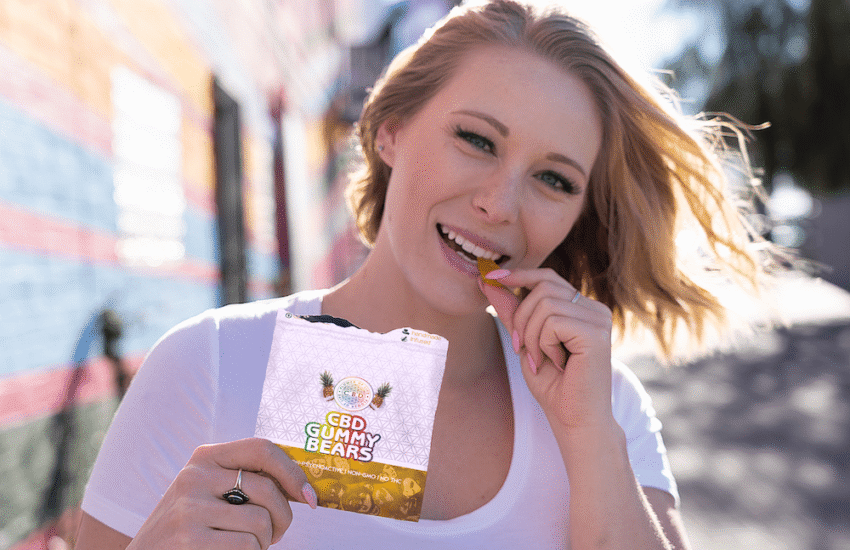Vitamin A is a fat-soluble vitamin that plays a crucial role in maintaining various bodily functions, including vision, immune system support, and skin health. This essential nutrient exists in different forms, each with distinct dietary sources, providing individuals with multiple options to incorporate it into their diets.
If you wonder what does Vitamin A contain? (วิตามิน เอ มี อะไร บ้าง, which is the term in Thai), consider the following.

Retinol
Retinol is a form of preformed vitamin A found in animal-based foods. It is the most biologically active form of vitamin A and is readily absorbed by the body. Rich sources of retinol include liver, fatty fish such as salmon and mackerel, eggs, and dairy products like cheese and butter.
Beta-Carotene
Beta-carotene is a provitamin A carotenoid, which means it converts into active vitamin A in the body as needed. This form is abundant in various fruits and vegetables, especially those with vibrant orange, yellow, and green pigments. Carrots, sweet potatoes, spinach, kale, mangoes, and apricots are excellent sources of beta-carotene.
Other Carotenoids
In addition to beta-carotene, other carotenoids contribute to vitamin A intake. These include alpha-carotene, beta-cryptoxanthin, and several others. These compounds are found in a diverse range of fruits and vegetables, such as winter squash, cantaloupe, and peppers, adding color and nutritional value to the diet.
Retinal And Retinoic Acid
Retinal and retinoic acid are other active forms of vitamin A found in animal products. Retinal is essential for vision, while retinoic acid plays a role in skin health and immune function. Apart from liver and fatty fish, these forms can be derived from consuming dairy products and fortified foods.
Supplements
Vitamin A supplements are also available for those who may struggle to meet their daily requirements through diet alone. However, it’s crucial to be mindful of dosage, as excessive vitamin A intake from supplements can lead to toxicity.
The diverse array of foods containing vitamin A allows individuals to tailor their diets to meet specific preferences and dietary restrictions. Whether opting for animal-based sources rich in retinol or embracing a plant-centric approach with beta-carotene-packed fruits and vegetables, harnessing the power of vitamin A contributes to a well-rounded and nutrient-dense lifestyle.
To Sum Up
Vitamin A encompasses a variety of compounds, each with its unique benefits and dietary sources. Incorporating a diverse range of foods, including colorful fruits, vegetables, and animal products, ensures a balanced intake of the different forms of vitamin A, promoting overall health and well-being.





